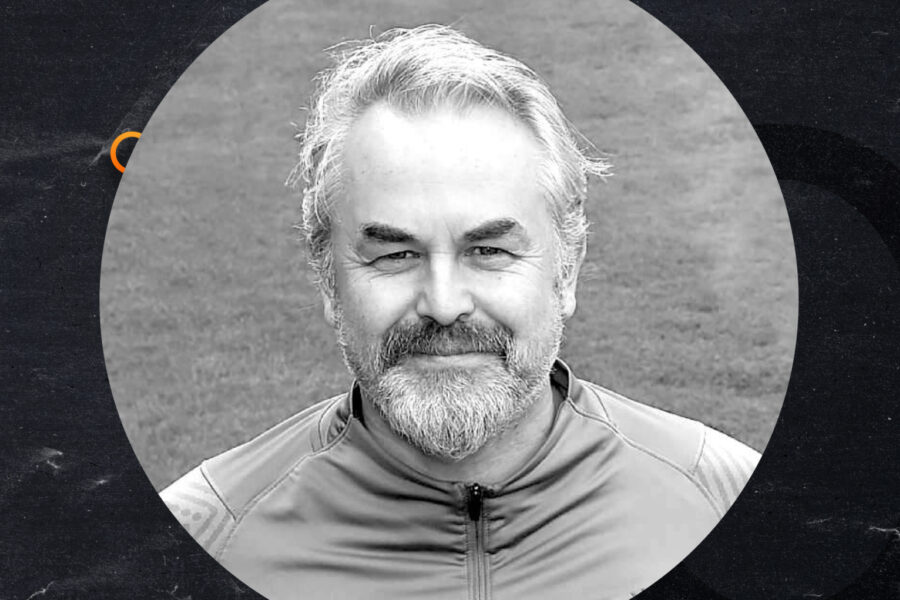5 Key Considerations for Supporting Athletes’ Mental Health and Recovery

Lee Richardson is a Performance and Sports Psychology Consultant for Liverpool FC and the Founder of AIM FOR Ltd. He shares insights from working with world-class athletes to protect and nurture their mental health.
Awareness and support around mental health are continuing to be more relevant everywhere you go. A large majority of those speaking up about mental health are athletes. Often, we think of athletes for their jaw-dropping athleticism and remarkable skills. What is perhaps more impressive than any action on a field are the individuals who are courageous enough to share their own battles with mental health to help others.
There was a time where the psychological process and functions of players, teams, coaches and the sporting environment as a whole was not evaluated at all. Perhaps even worse was the discussion around psychology—it tended to be negative and often players and coaches actively avoided talking about it. I recently presented on this subject at the Hudl 90 soccer coaches' summit, which brought together leading soccer coaches and elite talent to discuss a wide range of trends and dynamics within the sport. While Hudl continues to advance performance analysis, video capture and scouting through its innovative technology, it also supports shining a light on the psychological and societal aspects of sport. In my Hudl 90 presentation, I talked about my experience, the pressures and challenges of a professional career, and the psychological impact on numerous teammates and competitors on and off the pitch.
The last 10 years have displayed a general trend toward acceptance of the realities of mental health as a fundamentally unpredictable and vulnerable aspect of human nature, as well as the acknowledgment of the role human psychology plays in any pursuit or activity, but especially in sport /athletics. This movement of acceptance regarding support and recovery for mental health is partly thanks to some of the biggest names in sports coming forward about their own battles with mental health. Simone Biles, Michael Phelps, Naomi Osaka, Dak Prescott and many others have all used their position as a platform to discuss this issue and provide support to those who are also dealing with mental health issues. This is leading to sport performance psychology becoming more established as a discipline, and an acceptance of the qualified practitioners providing support and guidance.
But I believe that there is more that sports performance psychology can do and contribute in the ways that other sport sciences have, by becoming an integrated aspect of the everyday experience of athletes, a program of support can both be a preventative tool to protect mental health and recovery, as well as a performance-enhancing component for players, coaches and directors. A scholarly article by K.S. Jacob lays out several criteria for the prevention of mental health issues, as well as recovery, which are in line with my own beliefs based on more than 30 years in the sport. I have adapted Jacob’s findings slightly to include some omissions. Here are my five key considerations for supporting athletes’ performance, mental health and recovery
These key considerations, along with a growing acceptance of athletes speaking up about mental health, creates an optimism that we’ll keep seeing progress made around resources for athletes. With more practitioners trained in sport psychology and certified mental performance consultants, the sporting environment as a whole has amped up its resources. This will hopefully continue so athletes can strengthen their mental health while having a plethora of options for support.
Reference: Jacob KS. Recovery model of mental illness: A complementary approach to psychiatric care. Indian J Psychol Med 2015;37:117-9







